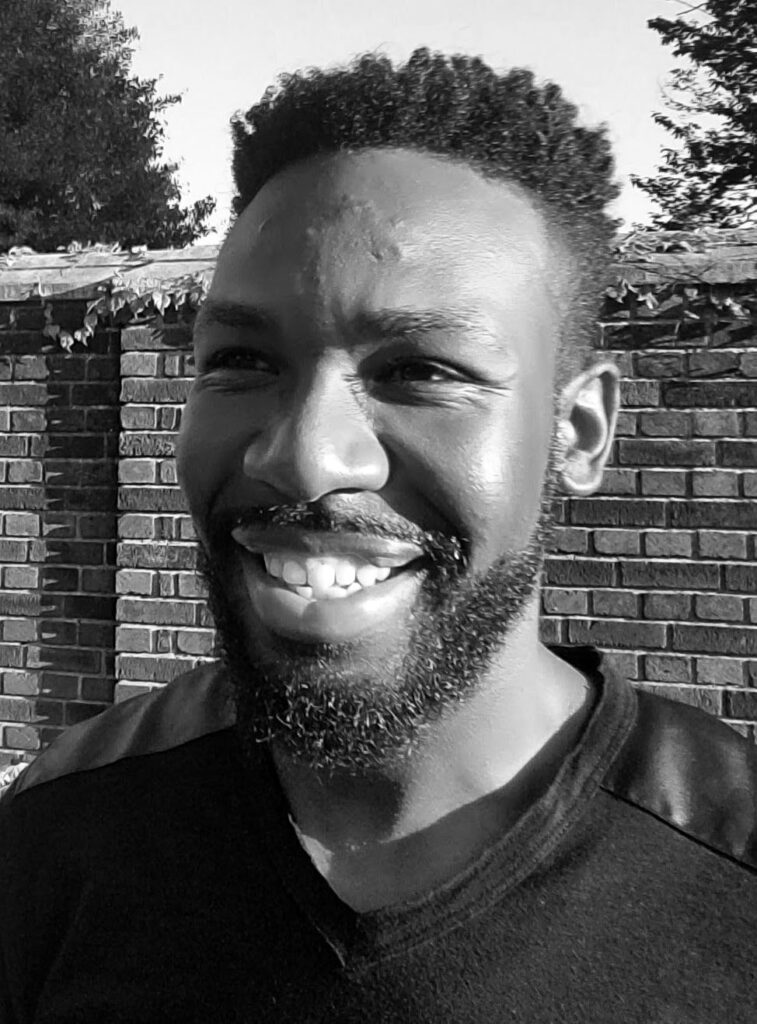Chaz Arnett is a legal scholar and advocate whose research explores the interplay between race, digital technologies, and criminal legal processes. His scholarship offers critical legal frameworks in challenging purportedly race-neutral laws and technologies. Arnett’s most recent work focuses on examining the role that surveillance technologies play in perpetuating racial inequities through policing and corrections. His fellowship project will draw upon this expertise as he conducts research on the impact of criminal law and policy on the relationship between racial and surveillance capitalism.
Arnett is currently an associate professor of law at University of Maryland School of Law. He teaches courses on criminal procedure, education law, critical race theory, and juvenile justice. Additionally, this past year he designed and taught a course entitled “Race, Technology, & the Law.” The course is one of the first law school offerings in the country to focus directly on providing students an opportunity to learn about issues at the intersection of race and technology and critique the role of law in generating disparate outcomes. Prior to joining the University of Maryland Law faculty, he was an assistant professor of law at the University of Pittsburgh School of Law, where he was designated as a Distinguished Public Interest Professor for his commitment to furthering social justice in his teaching, scholarship, and service.
Before teaching, Arnett served as a trial attorney with public defender offices in Baltimore and New Orleans, and as a staff attorney with the Advancement Project, where he assisted in local and national campaigns aimed at combating the school-to-prison pipeline. As a recipient of the Satter Human Rights Fellowship, he also worked with the International Center for Transitional Justice on issues of constitutional development in Zimbabwe, and asylum cases for Zimbabwean refugees in South Africa. He has received numerous awards and accolades for his commitment toward furthering human rights through criminal law work.


